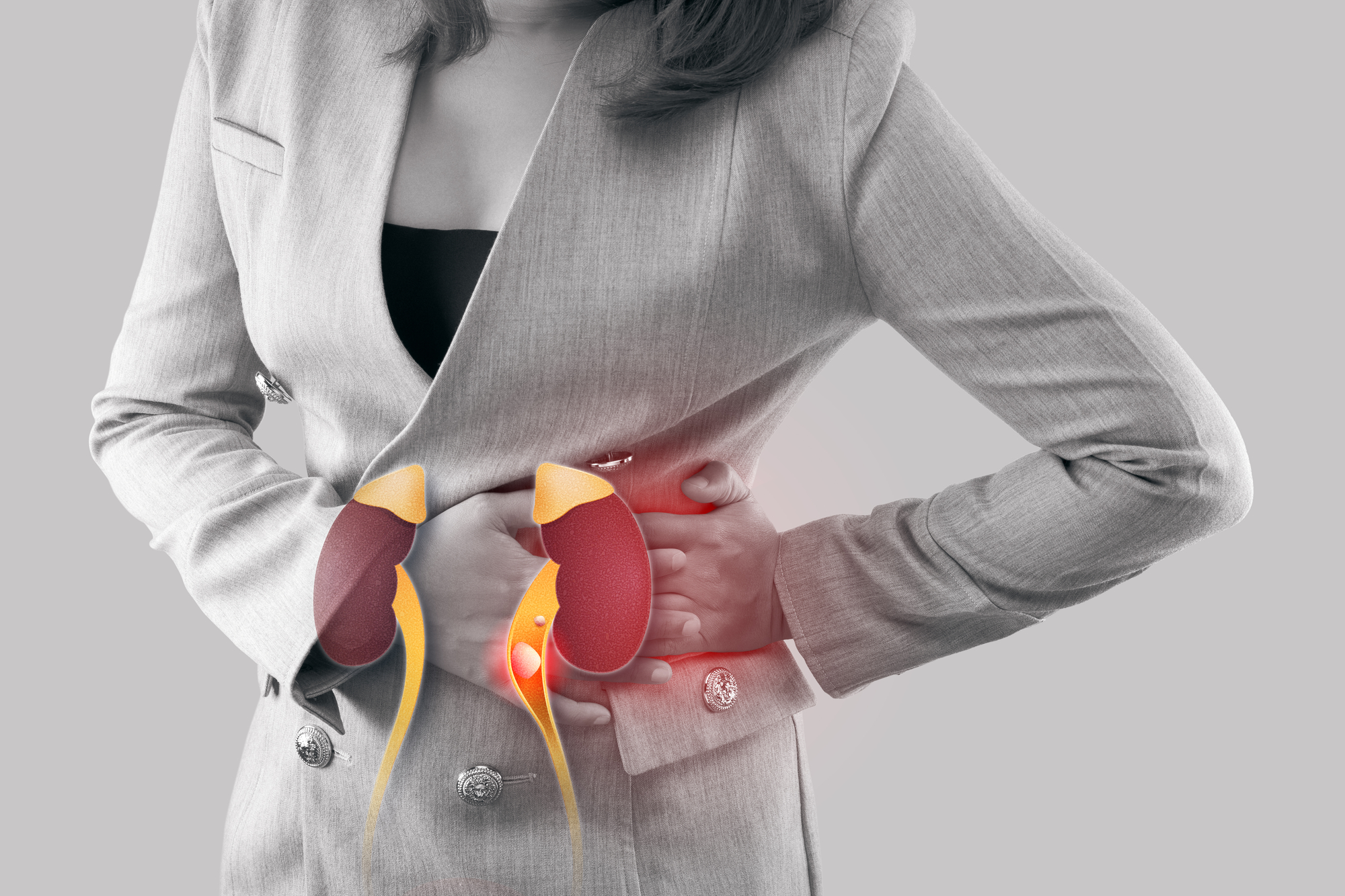Your kidneys are a pair of organs that are placed in the lower back. Each side of your spine has one kidney. Your kidneys are responsible for filtering your blood and eliminating toxins from your body. When you urinate, these poisons pass through your bladder and are excreted. Kidney failure happens when your kidneys’ ability to filter waste from your blood is compromised.
Many variables can affect the health and function of your kidneys, including:
- Diabetes
- Hypertension
- Autoimmune diseases
- Enlarged prostate
- Kidney trauma
- Insufficient blood flow to the kidneys
- Certain acute and chronic diseases
- Severe dehydration
- Toxic exposure to environmental pollutants or certain medications
If your kidneys aren’t able to function properly, your body becomes overloaded with toxins. This can lead to kidney failure, which can be life-threatening if left untreated.

Looking for acupuncture for kidney failure in Houston, TX? Call us today (713) 572-3888
What are the functions of the kidneys?
Kidneys that are in good health perform a variety of critical functions. They maintain the balance of your entire body by:
- Removing waste products from the body. They filter 200 quarts of water= 198 (recovered, albumin)+ 2 (Excreted, BUN, Creatinine), and balance Electrolytes (Calcium, Sodium, Magnesium, Acid-Base (ions)
- Removing drugs from the body
- Balancing the body’s fluids and PH value
- Releasing hormones that regulate blood pressure
- Producing an active form of vitamin D that promotes strong, healthy bones
- Controlling the production of red blood cells
What are the signs and symptoms of kidney failure?
If your kidneys are failing, you may notice one or more of the following symptoms:
- Vomiting and nausea.
- You’re having trouble collecting your breath.
- Muscle spasms that itch.
- Swelling in the ankles and feet.
- Not in the mood to eat.
- Sleeping problems.
- There’s either too much urine (pee) or there’s not enough urine.
You may have one or more of the following symptoms if your kidneys quit working unexpectedly (acute renal failure):
- Pain in the abdomen (belly)
- Seizures
- Back ache
- Diarrhea sFever
- Rash sVomiting
- Nosebleeds
Having one or more of the symptoms listed above could indicate significant kidney problems. If you observe any of these symptoms, you should see a doctor as soon as possible.
Looking for acupuncture for kidney failure in Houston, TX? Call us today (713) 572-3888
Identification of kidney failure
Kidney failure can be diagnosed using a variety of tests. The following are some of the most prevalent tests:
Urinalysis. A urine sample may be taken by your doctor to check for anything odd, such as an abnormal protein or sugar that has spilled into your urine. A urine sediment examination may also be performed to look for red and white blood cells, high levels of germs, and large numbers of tube-shaped particles known as cellular casts.
Volumes of urine are measured. One of the simplest diagnostics for diagnosing renal failure is measuring urine output. Low urinary output, for example, could indicate renal disease caused by a urinary blockage, which can be caused by a variety of illnesses or traumas.
Sample of kidney tissue Unusual deposits, scarring, and pathogenic organisms are evaluated in tissue samples. To obtain the tissue sample, your doctor will perform a kidney biopsy.
Imaging. Ultrasounds, MRIs, and CT scans produce images of your kidneys and urinary tract, which can be used to detect blockages or other issues.
Blood tests to measure chemicals filtered by your kidneys, such as blood urea nitrogen and creatinine, may be ordered by your doctor. A quick rise in these levels could mean you’re suffering from acute renal failure.
What are the therapy options for kidney failure?
Kidney failure can be treated with dialysis or a kidney transplant. Dialysis or transplanted kidneys will take over some of the functions of your damaged kidneys, removing wastes and excess fluid from your body. Many of your symptoms will improve as a result of this.
Dialysis is divided into two types: hemodialysis and peritoneal dialysis. Both of these procedures remove waste products and excess fluid from your blood. Hemodialysis makes use of an artificial kidney system, whereas peritoneal dialysis makes use of the lining of the stomach.
A kidney transplant is a surgery in which a healthy kidney is transplanted into your body.
Patient Case Studies
Looking for acupuncture for kidney failure in Houston, TX? Call us today (713) 572-3888





